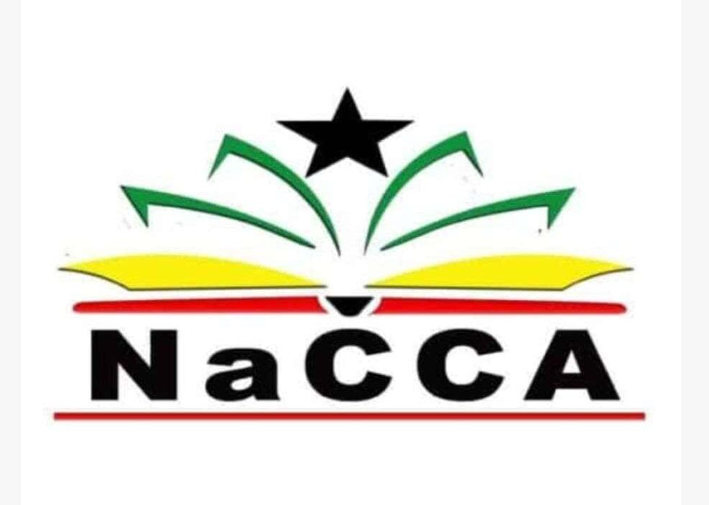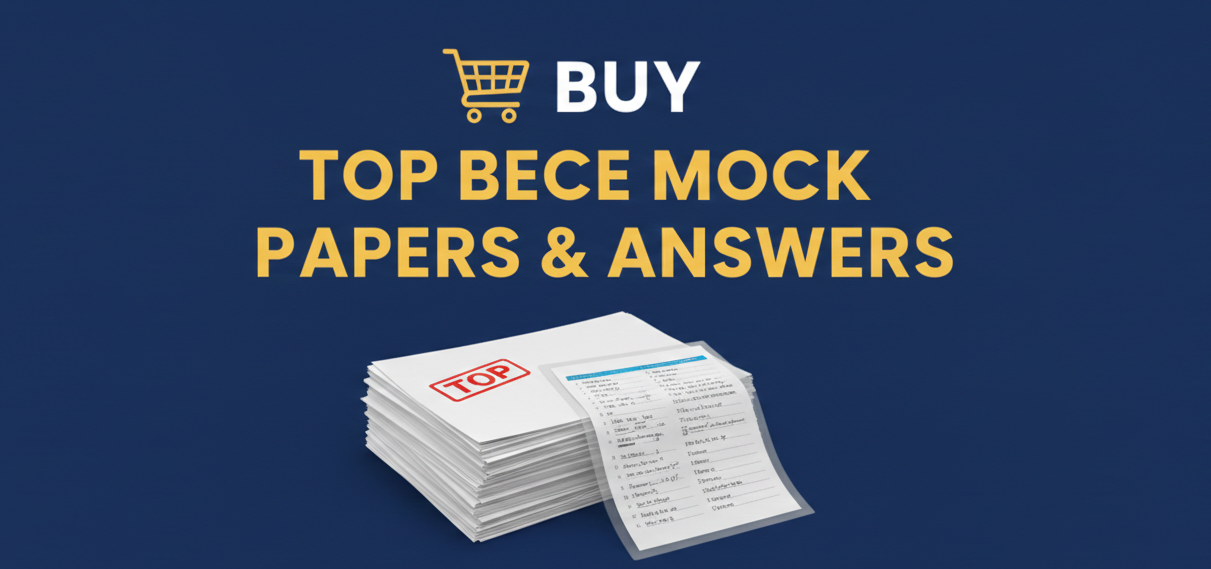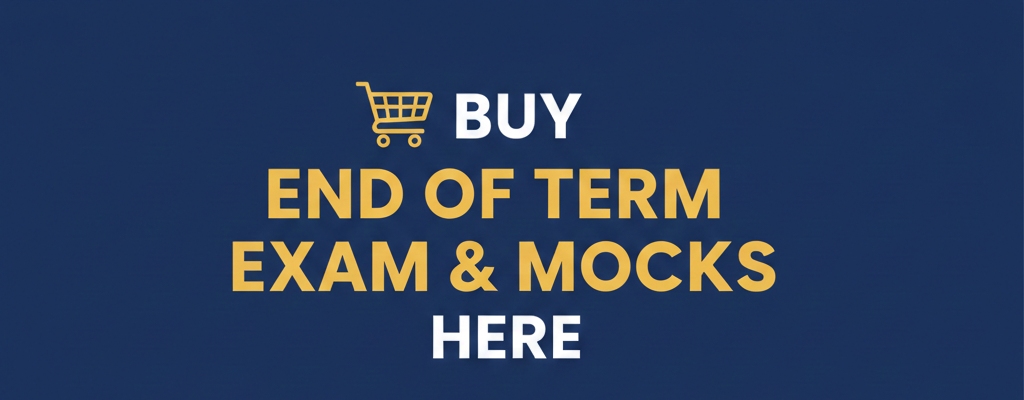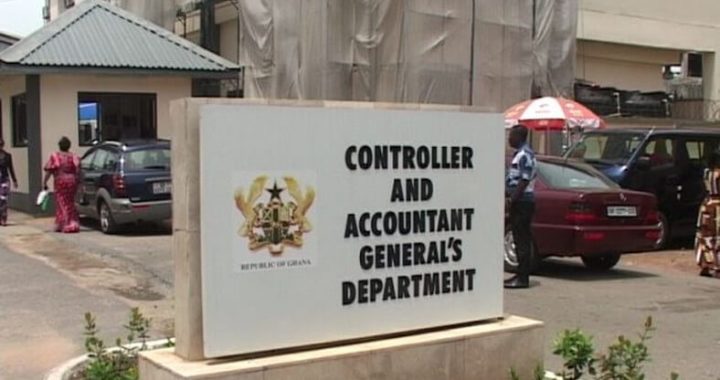GPA raises concerns over NaCCA books assessment & approval role

The Ghana Publishers Association (GPA) has raised significant concerns regarding the National Council for Curriculum and Assessment ‘s (NaCCA) role in assessing and approving books for sale.
Citing issues of transparency and impartiality, the GPA has called on Parliament to revoke NaCCA’s authority in this domain.
During a press conference, GPA President Asare Konadu Yamoah articulated the association’s position, stating, “We are demanding that the book assessment and approval role granted to NaCCA be withdrawn.”
Call for a New Regulatory Entity
The GPA President urged Parliament to collaborate with industry stakeholders to create a new, independent entity to oversee the book assessment process.
He suggested that NaCCA should focus on its primary responsibilities, which include developing and monitoring the national curriculum.
“We believe that an independent body, free from conflicts of interest, should handle the assessment and approval of textbooks to ensure fairness and protect the interests of all publishers,” Yamoah stated.
Allegations of Bias and Resource Misuse
Mr. Yamoah did not mince words in his critique of NaCCA, accusing the organization of bias and misusing state resources.
He claimed that NaCCA has shown favoritism towards certain publishers and has even encouraged the Ministry of Education to produce its own textbooks, leveraging state power and resources for what he described as a self-serving agenda.
“We cannot work with an organization that has openly declared its intention to support a particular publisher,” Yamoah asserted.
“Such conduct undermines the trust and integrity required in the book approval process.”
ALSO READ: GES ranked 3rd in 2023/2024 Excellence Awards for MoE agencies
Intellectual Property Concerns
The GPA also expressed grave concerns about the protection of intellectual property rights.
Mr. Yamoah highlighted the risks posed by NaCCA’s alleged partiality, stating, “We cannot trust such an organization with our content, which is protected by copyright.
Any abuse of publishers’ intellectual property rights can be considered a threat to that publisher.”
He stressed that the current situation jeopardizes the creative and financial investments made by publishers, who rely on a fair and transparent regulatory environment to safeguard their work.
Immediate Action Required
In light of these concerns, the GPA is calling for immediate action from Parliament to establish a fair and impartial body to manage the book assessment and approval process.
The association believes this step is crucial to protecting the rights and interests of all publishers in the industry.
They argue that a new regulatory framework is essential to restore confidence and ensure that all educational materials meet high standards of quality and objectivity.
Price Adjustments and Economic Challenges
In addition to addressing regulatory issues, the GPA announced a significant price increase for books in the country.
At the conference, Mr. Yamoah noted that book prices will see a 40 percent increment effective June 2024. This decision, he explained, is driven by the imposition of Value Added Tax (VAT) on imported books and other government policies adversely affecting the publishing industry.
“The imposition of VAT on imported books, along with other unfavourable government policies, has forced us to adjust prices to sustain our businesses,” Yamoah explained.
Impact on Educational Resources
Mr. Yamoah elaborated on the types of books affected by these economic challenges. “Most of the books for technical and vocational education, tertiary education, and those that support the development of a reading culture are imported.
These cannot be printed locally as they are not published in the country,” he said. He criticized the blanket application of VAT to both locally produced and imported books, arguing that it cannot be justified given the current economic climate and the specific needs of the educational sector.
The GPA’s call for reform highlights the critical need for transparency and fairness in the book assessment and approval process in Ghana.
The association’s plea for an independent regulatory body reflects deep-seated concerns about bias and the protection of intellectual property rights.
At the same time, the economic pressures faced by publishers, exacerbated by government policies, underscore the complex challenges confronting the industry.
As Parliament considers these issues, the future of Ghana’s educational publishing landscape hangs in the balance, with significant implications for educators, students, and the broader society.
Share Our Post on the Topic ‘GPA raises concerns over NaCCA books assessment & approval role’.
To Read More Stories, Click Here.
| LATEST EDUCATION STORIES |
| [display-posts posts_per_page="10" include_date="true"] |
| View All Breaking News → |


 Why MTN Ghana’s Ghs399 Bundle is the Best Data Deal in 2026
Why MTN Ghana’s Ghs399 Bundle is the Best Data Deal in 2026  CAGD Salary Suspension 2026: Deadlines and Actions for Affected Staff
CAGD Salary Suspension 2026: Deadlines and Actions for Affected Staff  A Plus Defends Paternity Fraud Bill: “Stand Up for the Brotherhood”
A Plus Defends Paternity Fraud Bill: “Stand Up for the Brotherhood”  Ghana to Criminalize Paternity Fraud as ‘A Plus’ Proposes Mandatory DNA Testing Bill
Ghana to Criminalize Paternity Fraud as ‘A Plus’ Proposes Mandatory DNA Testing Bill